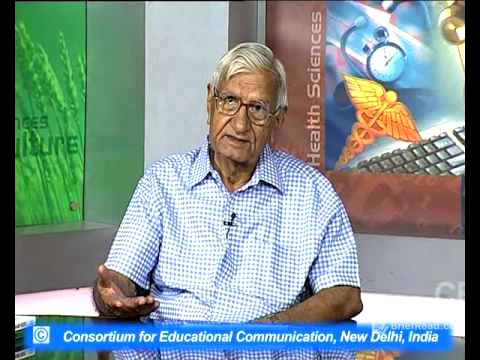TLDR;
This video provides an analysis of the Surah Al-Fatiha from the book "Signs of Miraculousness." It explains the significance of Al-Fatiha as the "Mother of the Quran," containing the entire Quran's essence within its verses and letters. The discussion covers the Quran's compilation, its miraculous nature, and the four fundamental themes found within it: Divine Unity, Prophethood, Resurrection, and Justice. The video also explores the meanings and implications of the names and attributes of Allah as they appear in the Bismillah and Al-Fatiha.
- Al-Fatiha is considered the "Mother of the Quran," encapsulating its essence.
- The Quran was written down during the Prophet Muhammad's lifetime, supported by historical evidence.
- The four main themes of the Quran are Divine Unity, Prophethood, Resurrection, and Justice.
- The names and attributes of Allah in Bismillah and Al-Fatiha reveal aspects of His glory, beauty, and actions.
Introduction to the Analysis of Surah Al-Fatiha [0:19]
The speaker introduces the analysis of Surah Al-Fatiha, drawing from "Signs of Miraculousness." Al-Fatiha, recited a minimum of 40 times daily in prayers, is regarded as the "Mother of the Quran." Scholars believe the entire Quran is condensed within Al-Fatiha, and further, that Al-Fatiha itself is concentrated into the Bismillah. The Bismillah contains 19 letters, linking it to the mystery of the number 19, which some researchers are exploring in relation to the Quran.
The Quran's Compilation and Preservation [2:07]
The speaker addresses misconceptions about the Quran's writing, clarifying that it was written down during the Prophet Muhammad's lifetime, not after his death. Archaeological evidence, such as the Sana scripts and Birmingham Pages, supports this. Scribes documented the Quran on various materials from the beginning of its revelation. Incidents like Umar's conversion to Islam, where he encountered his sister reciting from a written text of the Quran, further confirm its written form. The complete Surah Maryam was taken in written form to Abyssinia. After the Prophet's passing, under Abu Bakr's leadership, Zaid bin Thabit compiled all written materials and memorized verses into a single book, which was then given to Hafsa, Umar's daughter and the Prophet's wife. The Quran's word order is considered miraculous, with mathematical sequences, cryptology, and eloquence contributing to its unique nature. There are millions of people who memorized the entire Quran, ensuring its preservation.
Fundamental Aims and Themes of the Quran [9:57]
The fundamental aims of the Quran are encapsulated in four essential themes: Divine Unity (Tawhid), Prophethood (Nabuwa), Resurrection (life after death or Islamic eschatology), and Justice (Adala). Justice encompasses worship, worldly matters, transactions, and laws. Humanity's journey is likened to a caravan traveling from the past towards the future, facing events and seeking eternal happiness. Natural philosophy and science prompt humanity to question its origins, purpose, and destination. The Prophet Muhammad, through the Quran, explains that humanity comes from the pre-eternal ruler (Allah), is privileged with bearing a trust, and is journeying towards eternal felicity, developing its potential along the way.
Analysis of Bismillah [18:37]
The speaker begins a detailed analysis of the Bismillah (In the name of Allah, the Most Gracious, the Most Merciful). The first verse of Al-Fatiha includes an implicit "say," indicating prophethood. The preposition "B" signifies Divine Unity. "Ar-Rahman" (the Most Gracious) alludes to the order of the universe and justice, while "Ar-Rahim" (the Most Merciful) hints at the resurrection. The name "Allah" is analyzed, with each syllable pointing back to Allah. The speaker emphasizes the importance of starting actions with Bismillah, seeking sincerity and divine unity. He also highlights the significance of saying "Inshallah" (if Allah wills) when making future plans, referencing a Quranic verse and a historical event related to its revelation.
The Names and Attributes of Allah [26:30]
Allah has names pertaining to His essence and names pertaining to His actions, reflecting His relationship with all beings in the universe. Bismillah is an invocation seeking connection with divine power. "Allah" is the proper name of Allah, distinct from His titles or attributes. Other names, such as Rahman and Rahim, are more like titles indicating certain aspects of Allah. The speaker uses the analogy of a person's name, title, and skills to differentiate between Allah's personal name, titles, and attributes. Allah's name encompasses all attributes of perfection, implying His essence. Divine Glory (Jalal) and Divine Beauty (Jamal) are manifested in the world through command, prohibition, reward, punishment, and other aspects of life. Attributes related to Allah's essence indicate His freedom from defect, while attributes related to action pertain to His active involvement in creation.









